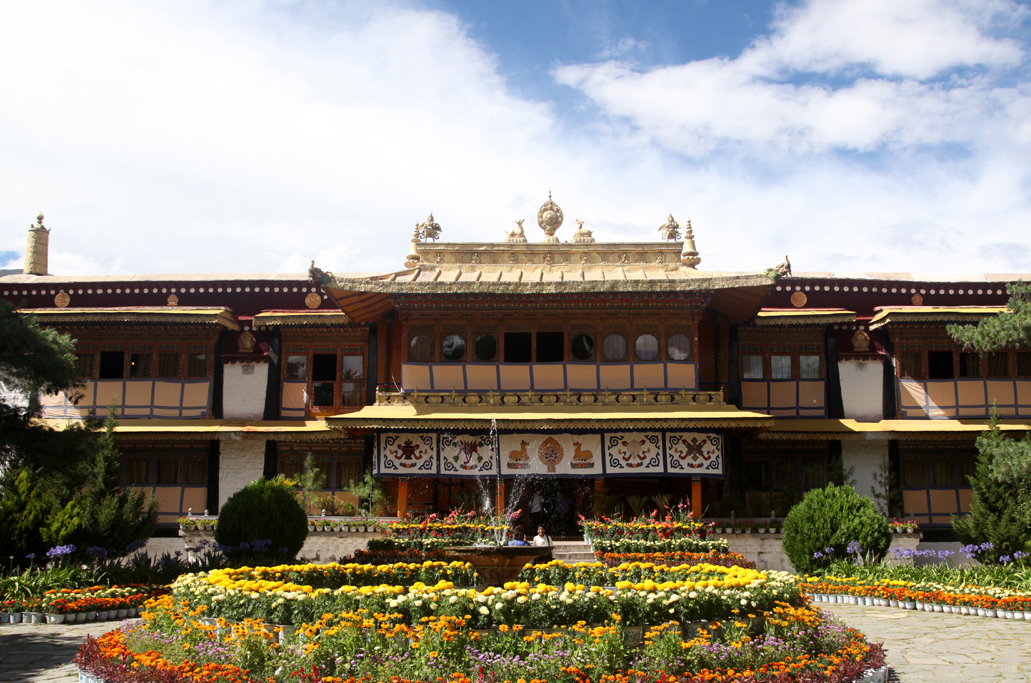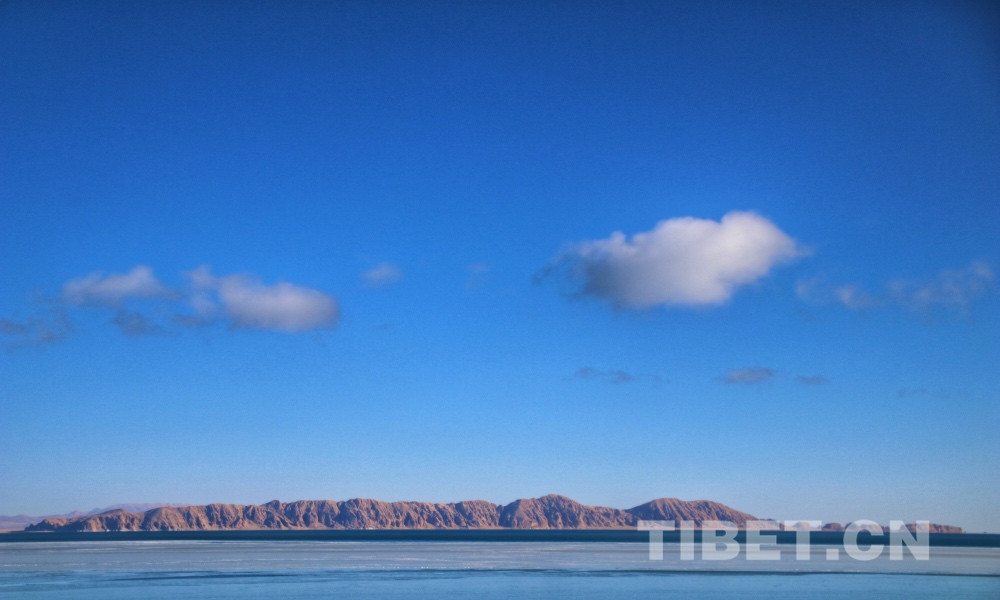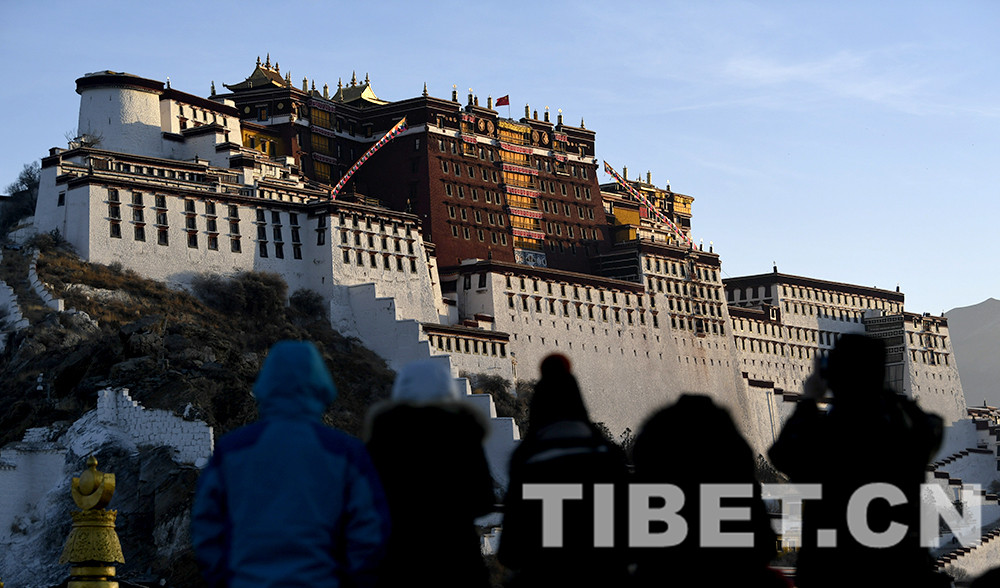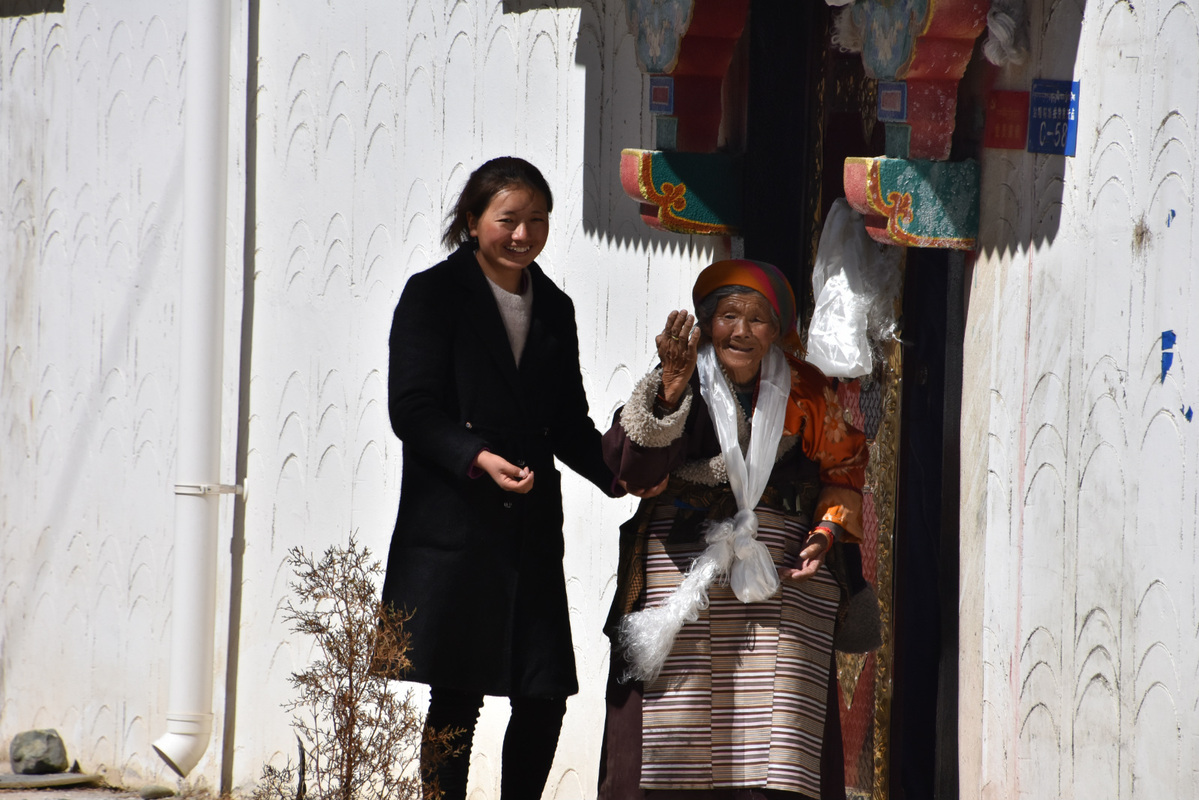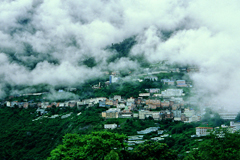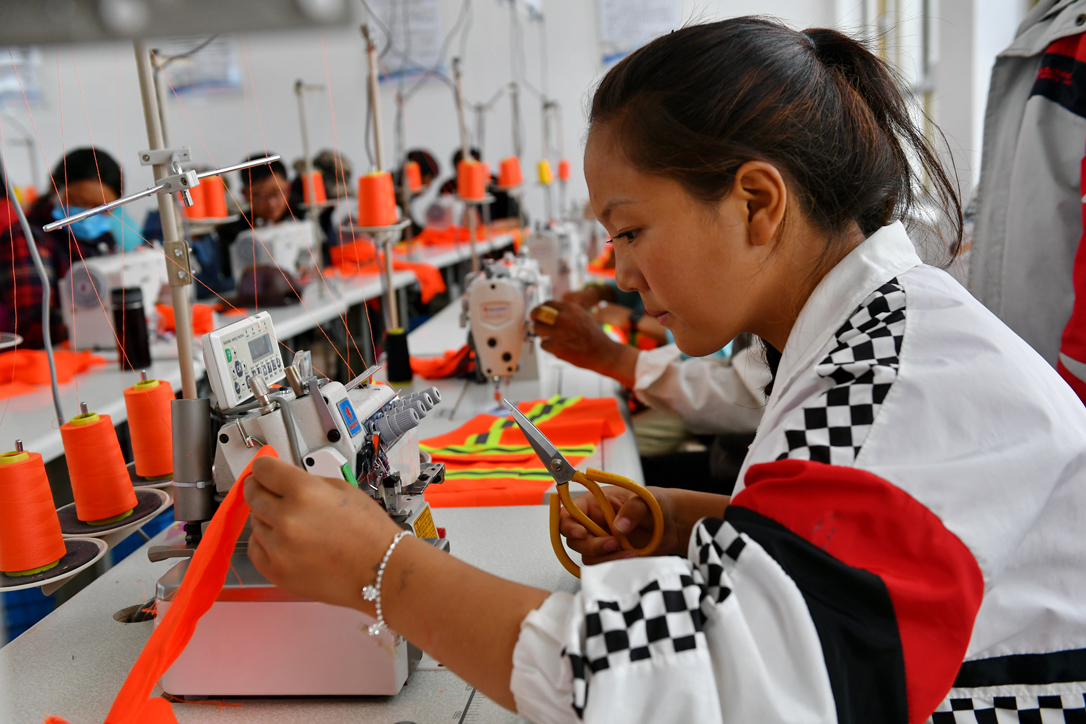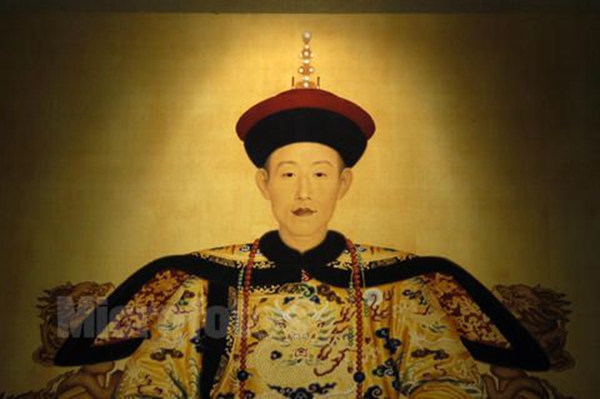Tibet vows to put ecology over growth
The Tibet autonomous region will never pursue economic growth at the cost of damaging the environment, the region's chairman said on Wednesday.
Tibet achieved GDP growth of 10 percent last year, the highest of all provincial-level regions in China. This year, it has set a growth target of around 10 percent.
"We will ensure that the goal is achieved without causing harm to the region's environment. There is no room to bargain," Qi Zhala, chairman of the region, said at a panel discussion with the Tibet delegation on the sidelines of the ongoing annual session of the National People's Congress in Beijing.
Tibet needs to maintain a higher growth rate to catch up with the development of other areas, Qi Zhala said. Its GDP exceeded 140 billion yuan ($21 billion) in 2018, the lowest of all provincial-level regions.
"The benefits of heavy investment in transportation infrastructure and people's education in recent years have begun to show, and have significantly contributed to Tibet's economic growth," he said.
Wangdu, mayor of the Tibet's resource-rich Nyingchi, said the government would rather achieve a slower growth rate than cause any damage to the environment.
"Nyingchi won't open up any mine or allow any business that may harm our forests," he said.
Qi Zhala, the chairman, said the ecosystem on the Qinghai-Tibet Plateau is extremely vulnerable, and that its health can even affect the global environment.
Tibet banned ordinary tourists entering the core zone of the Qomolangma National Nature Reserve in December after holding several meetings discussing how to deal with litter left behind by the growing number of tourists, said Wu Yingjie, the region's Party secretary.
The region received 33.68 million visits from tourists last year, an increase of 31.5 percent year-on-year. Wu said media reports on the waste disposal problem in the reserve have drawn attention from the central government and that the recent ban was made based on China's law on environmental protection and to better protect Qomolangma's fragile ecosystem.
Tibet has always assigned great importance to removing garbage from the Qomolangma (also known as Mount Everest), Wu said.
"Each climber is required to pick up 8 kilograms of litter and carry it out. Also, Tibetan climbers made a great effort and took down a metal ladder left by others at an altitude of about 8,000 meters," Wu said.
He added that reports saying Tibet had closed the reserve are inaccurate. The government only moved a tourism center previously in the core areas to the outside and tourists can still see Qomolangma from the new center, which is only 2 kilometers from the previous one.
Tibet Stories
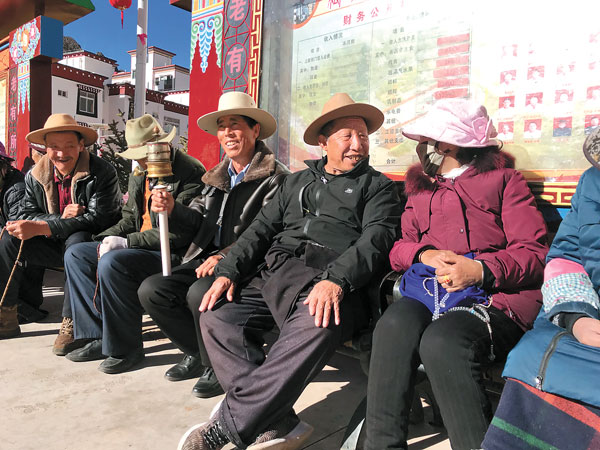
I myself have four homes: says an emancipated serf
"Now I have four homes: my younger brother Tsewang's home, my sisters Drolgar and Tseshe's h...
